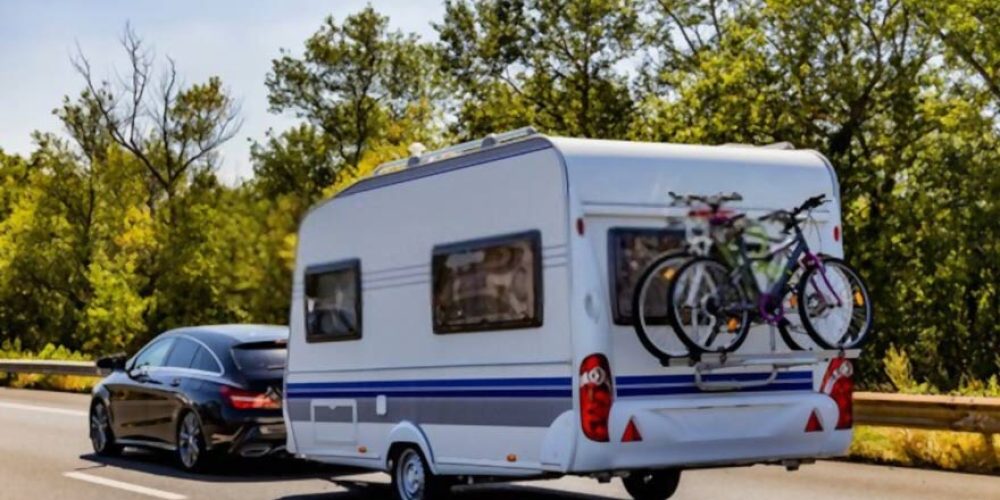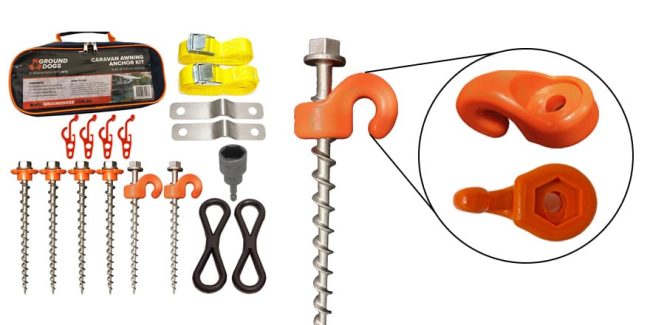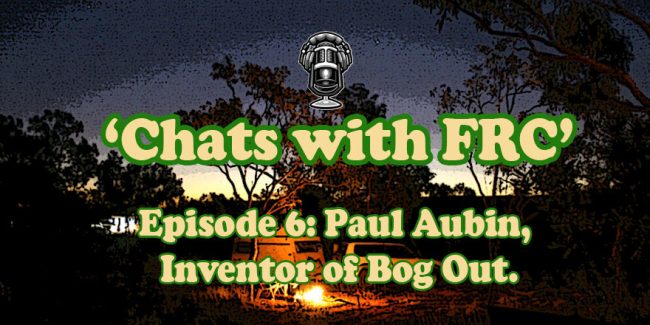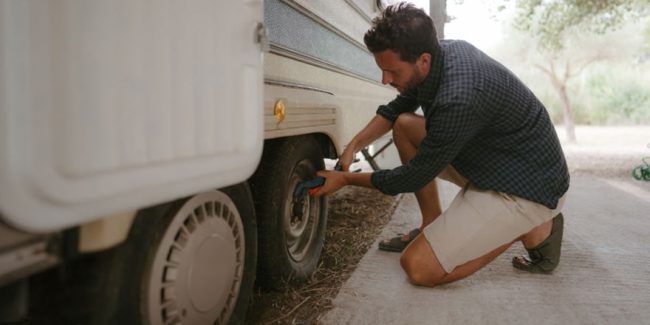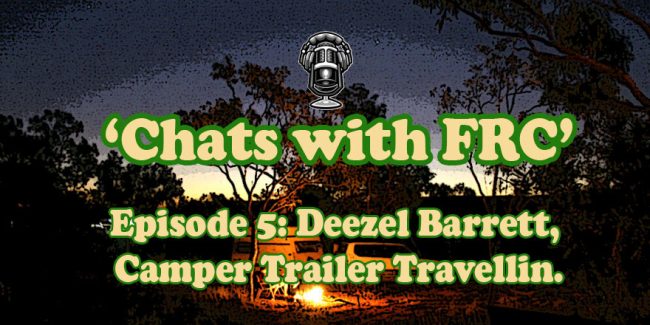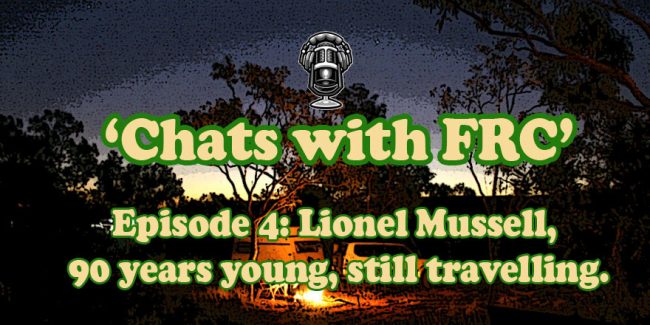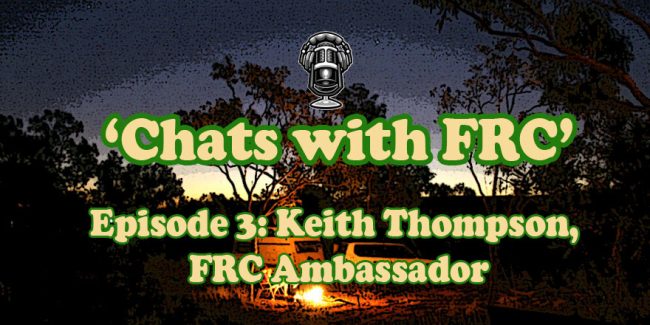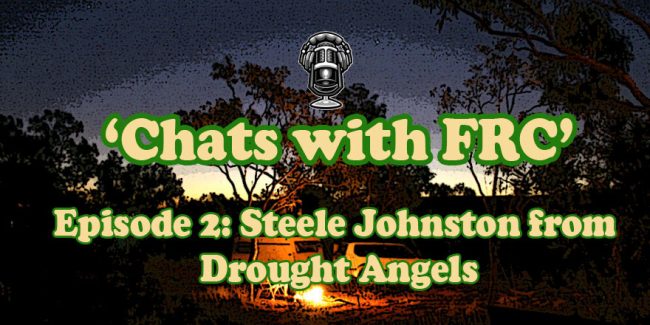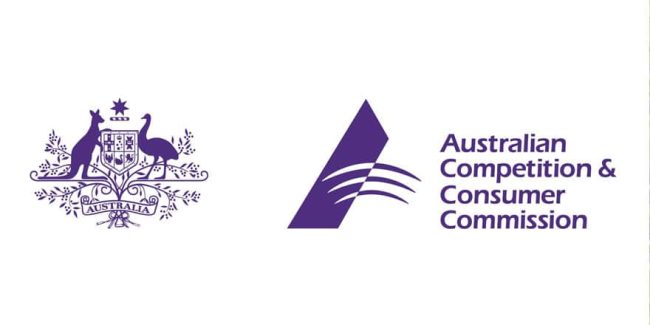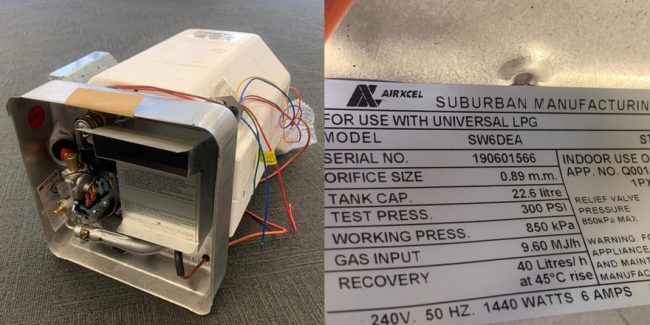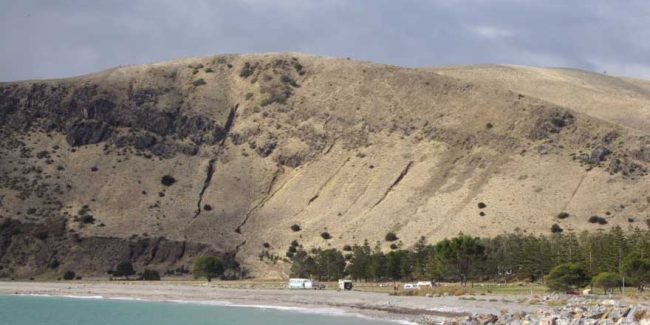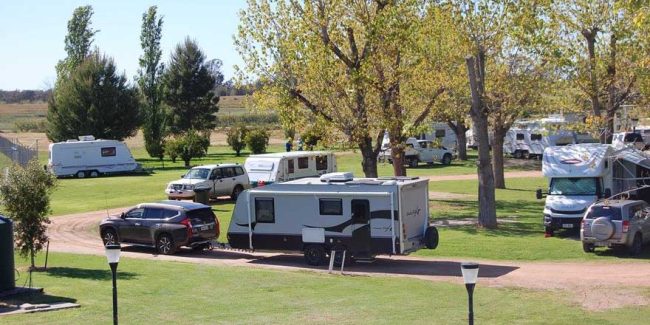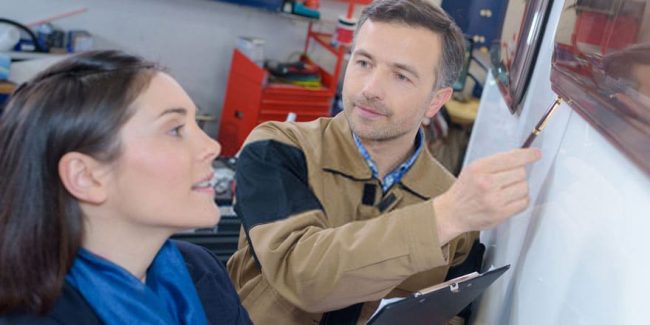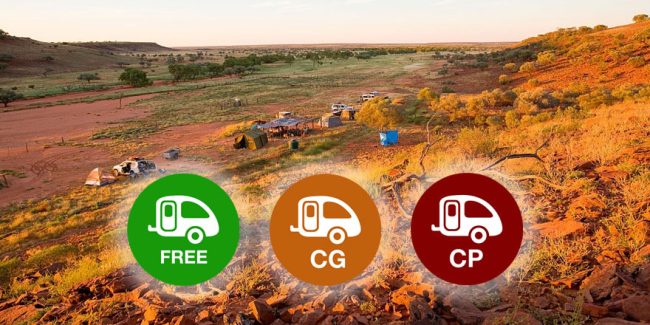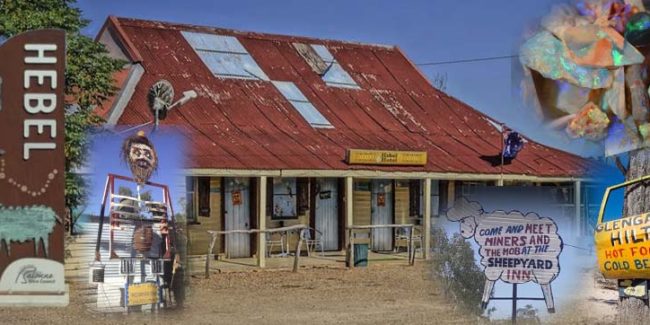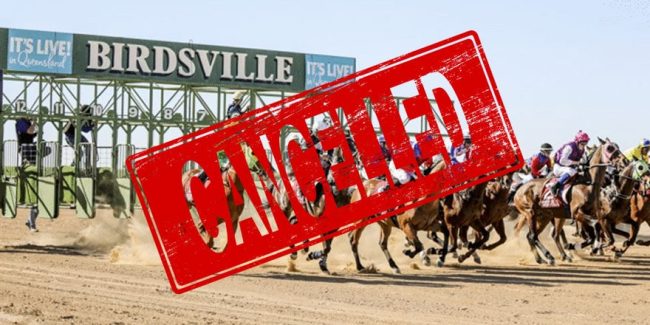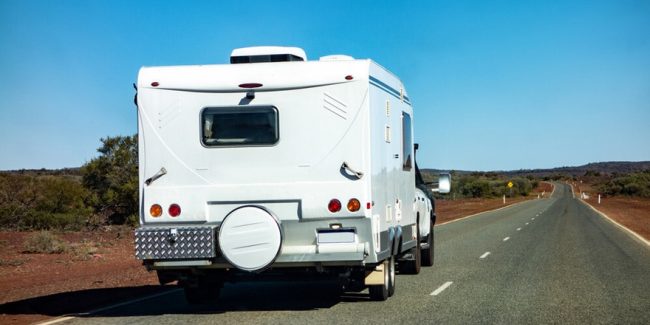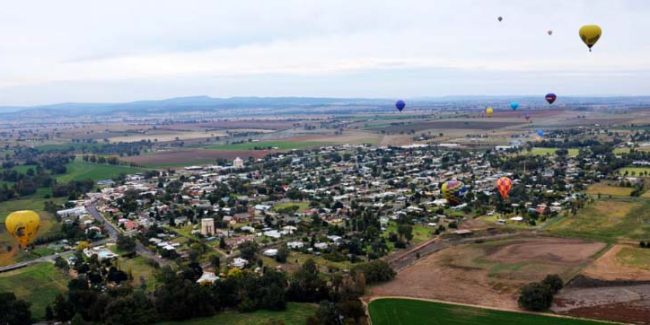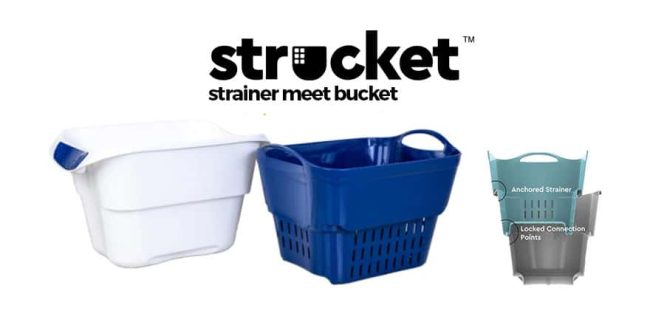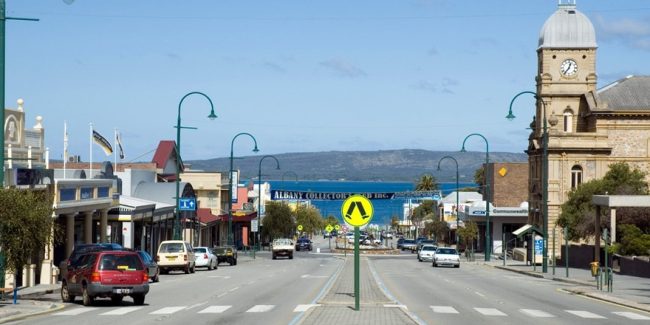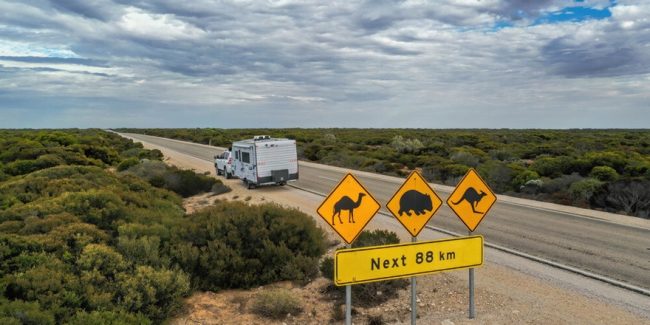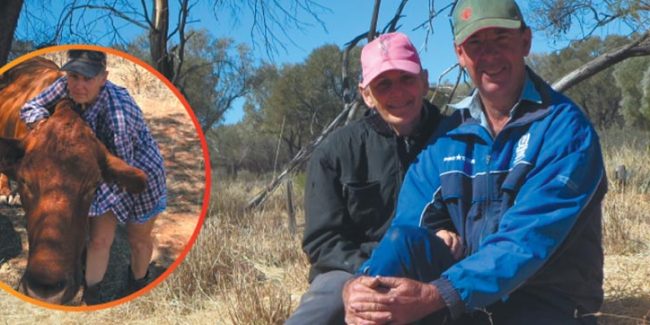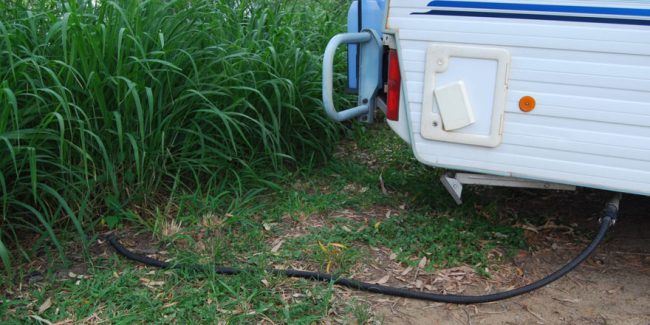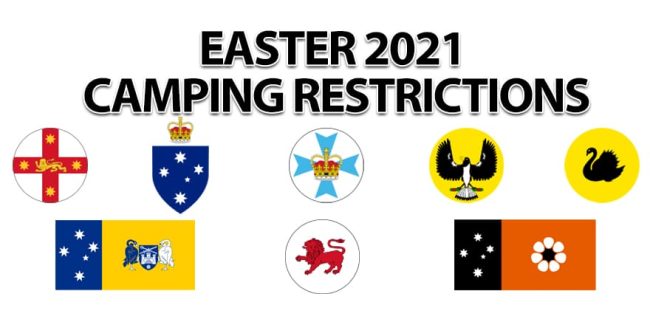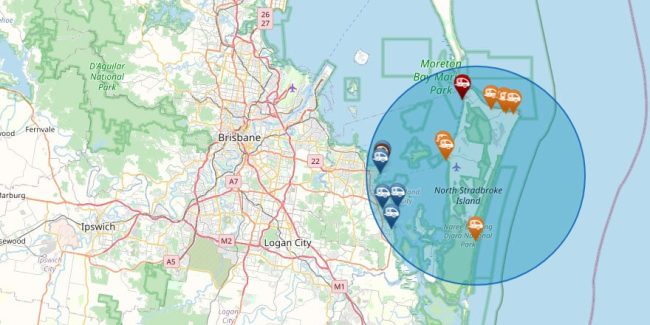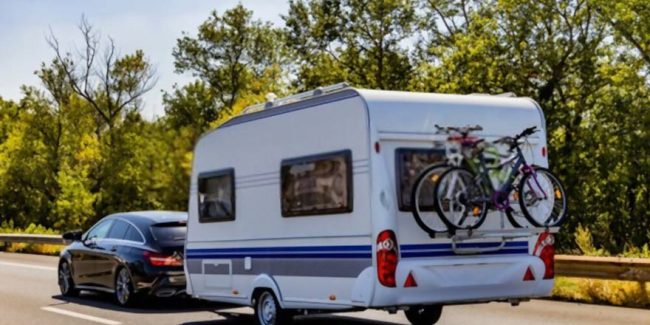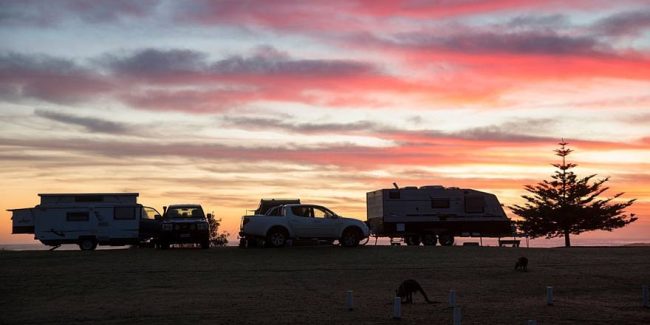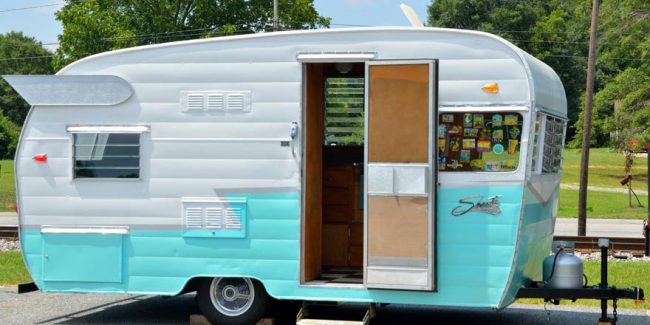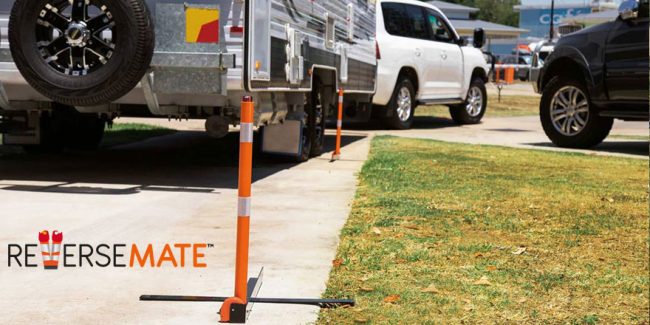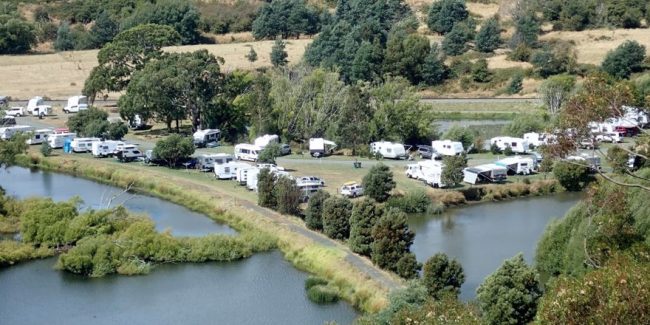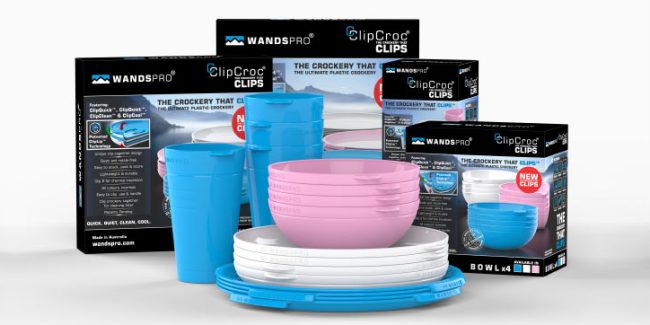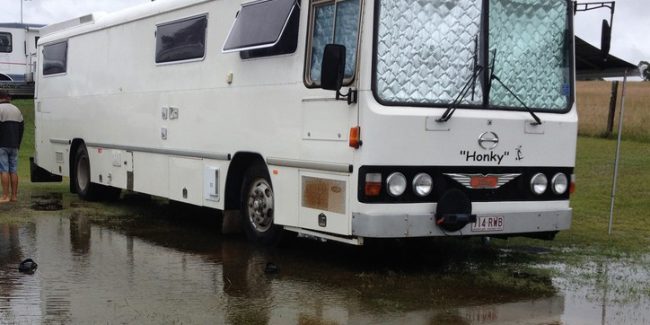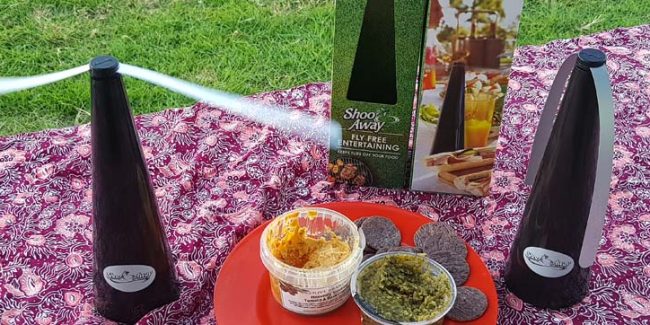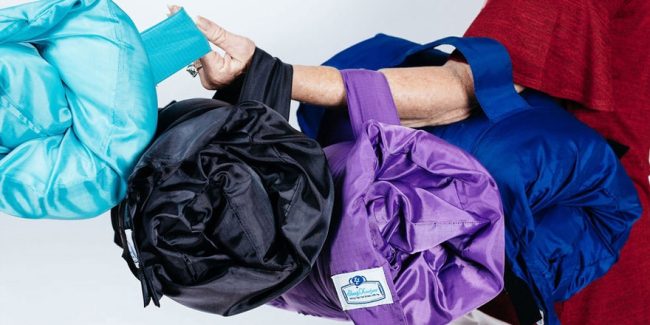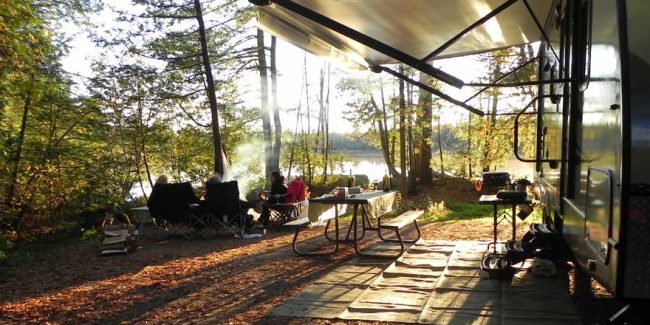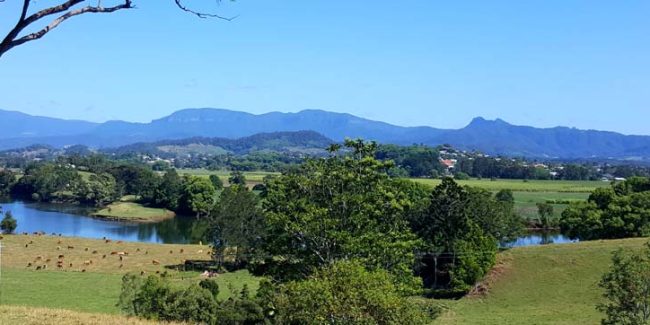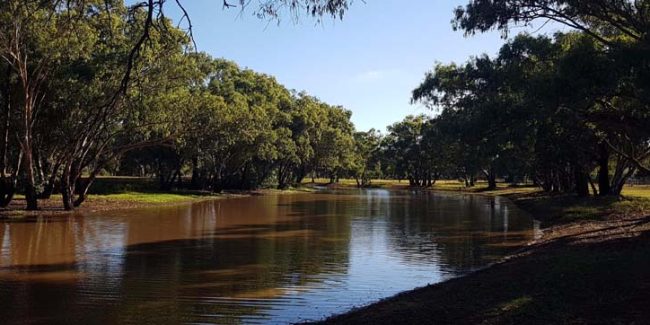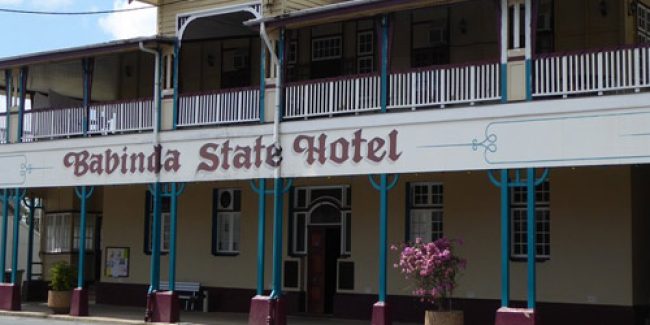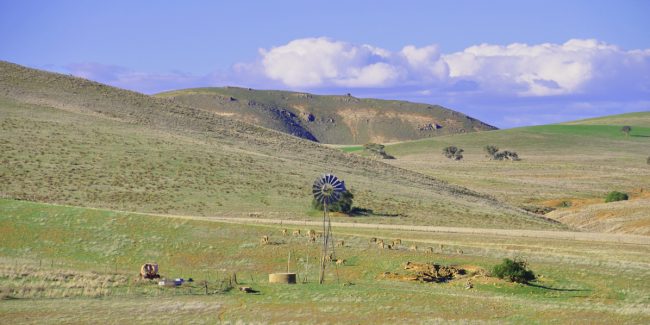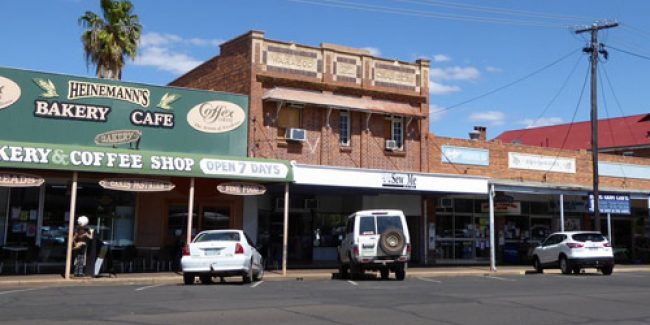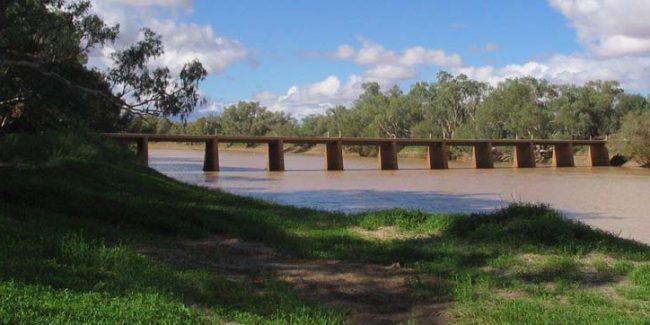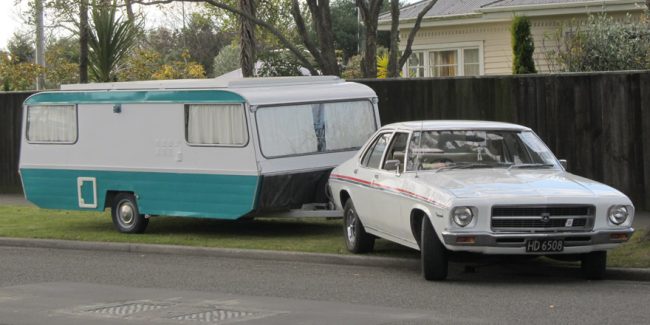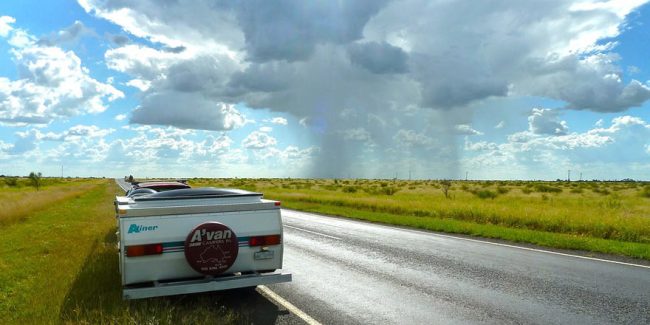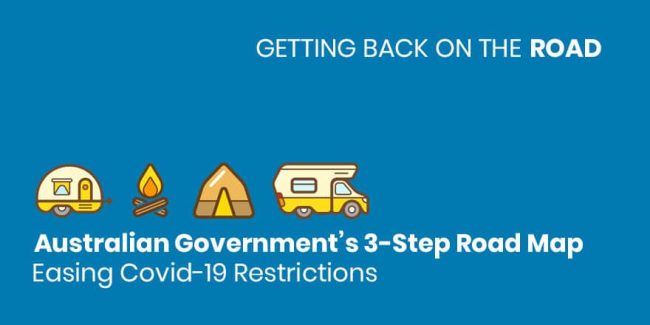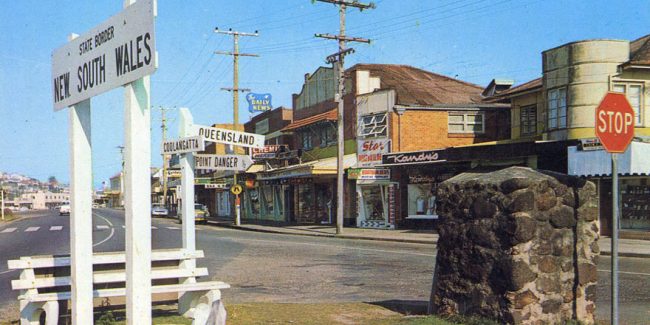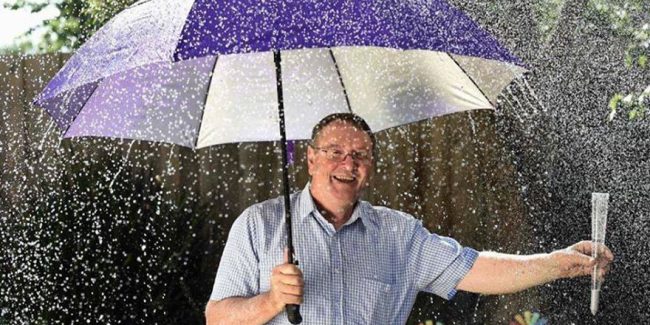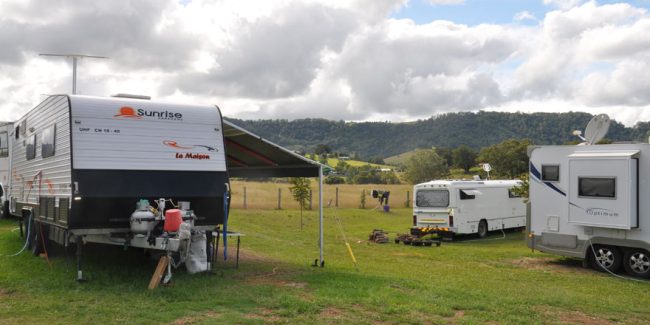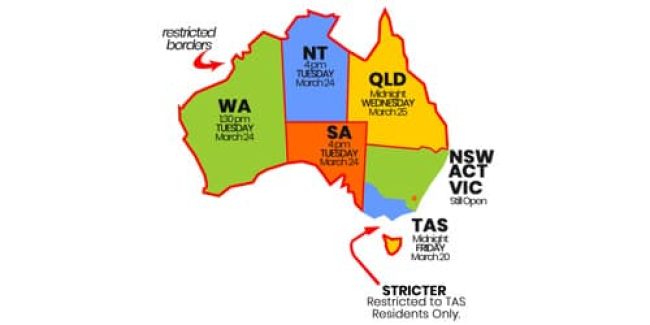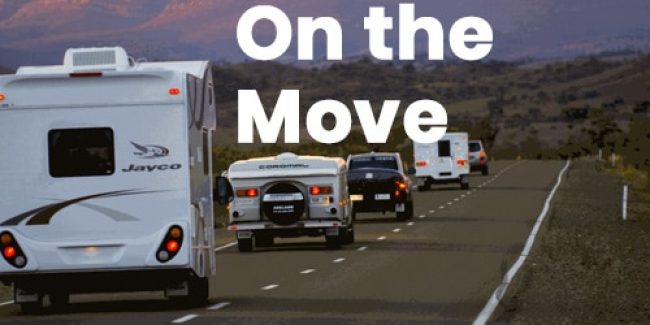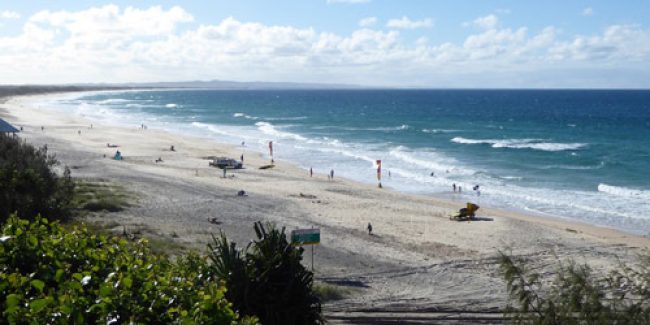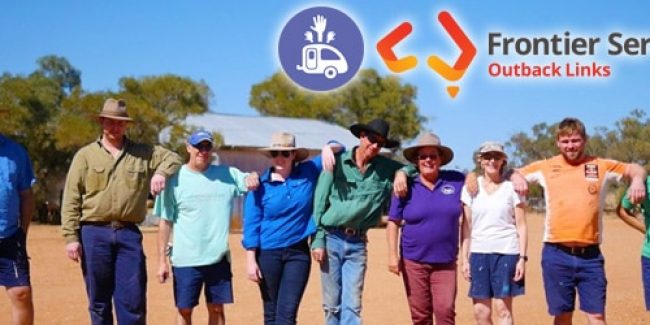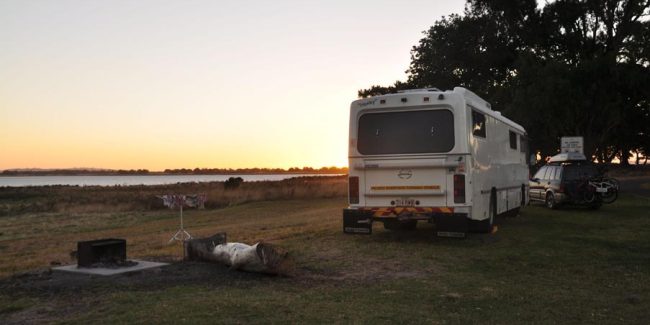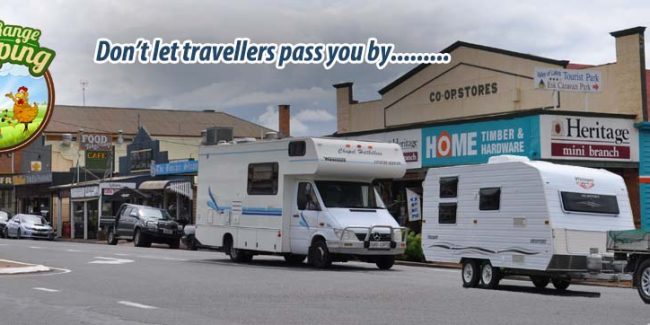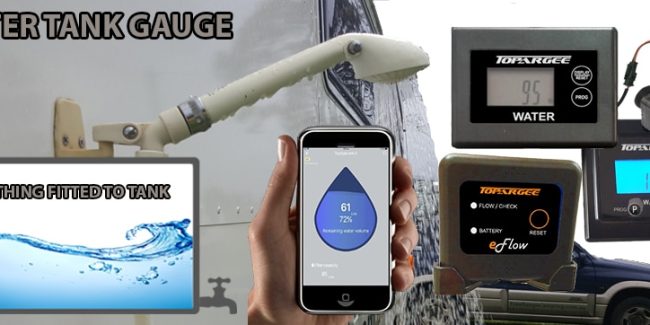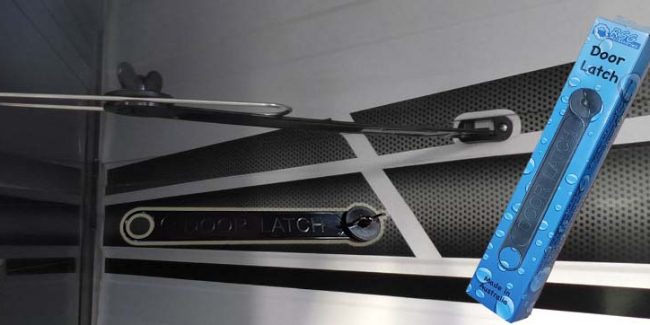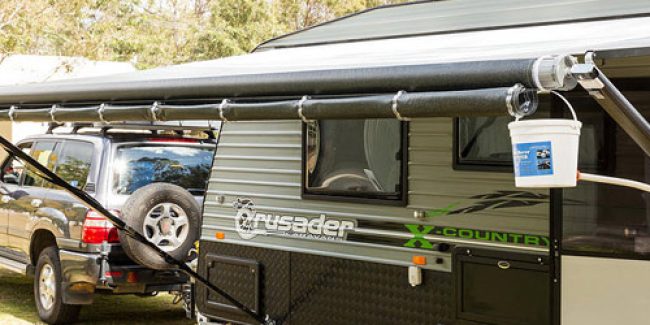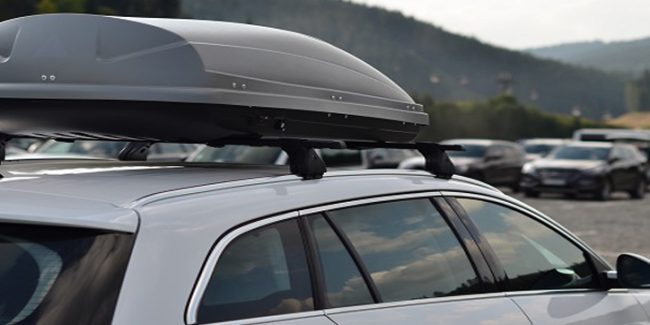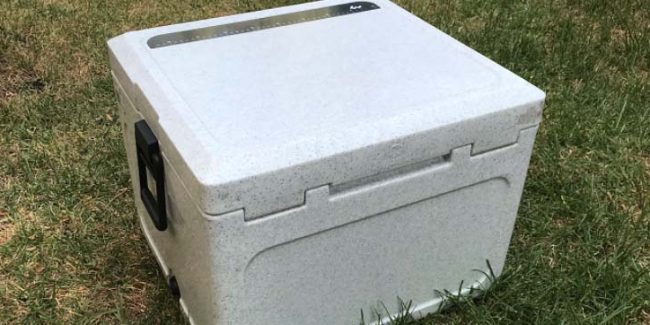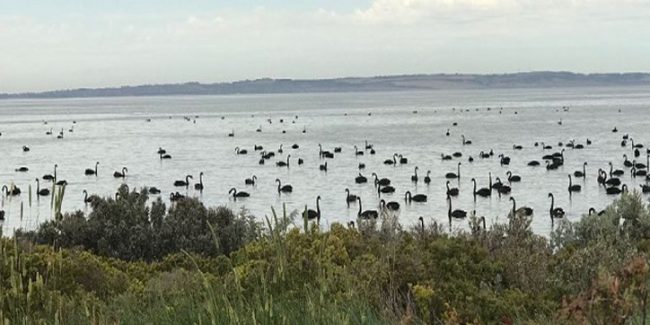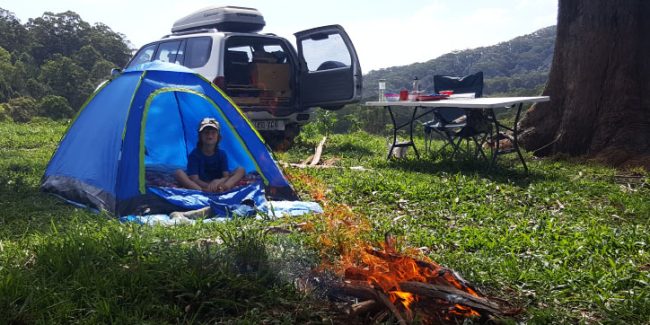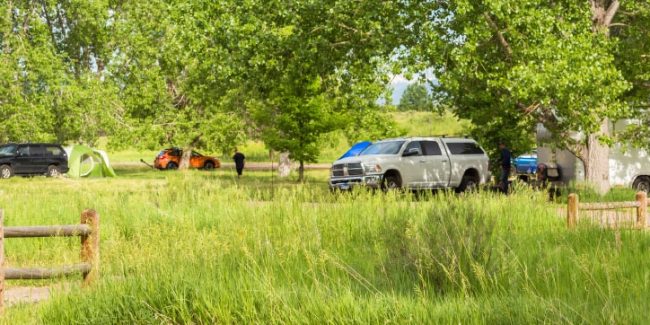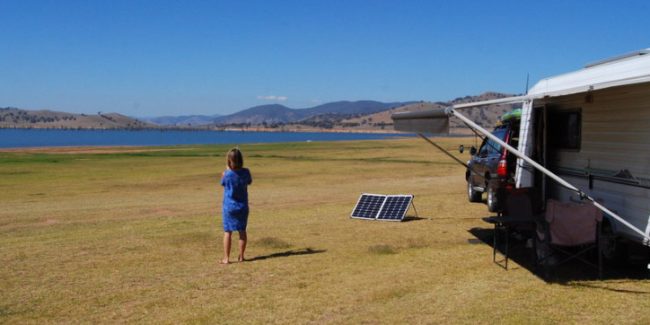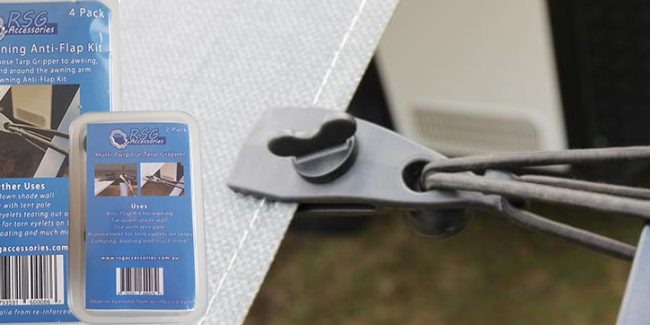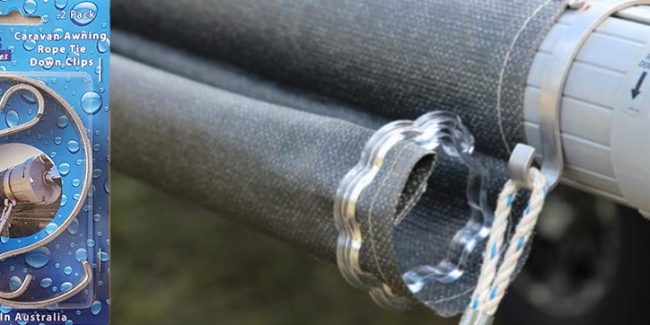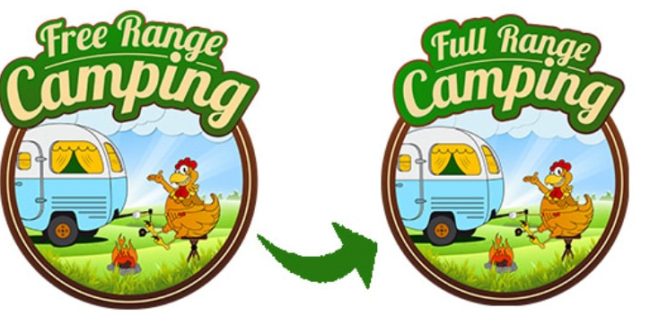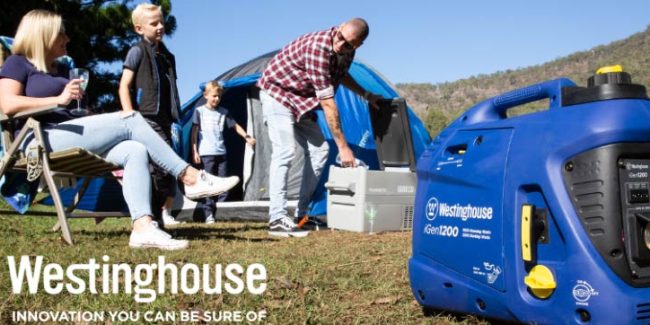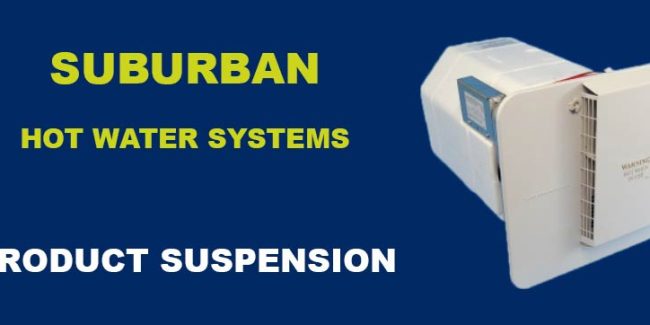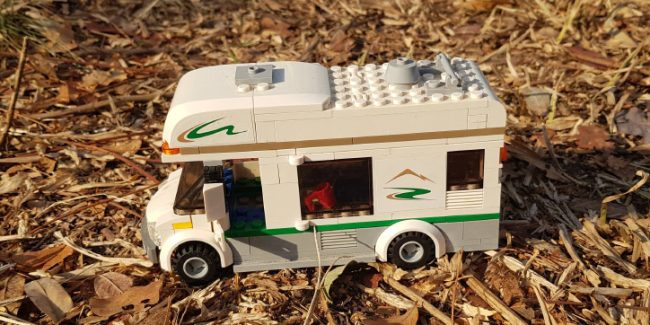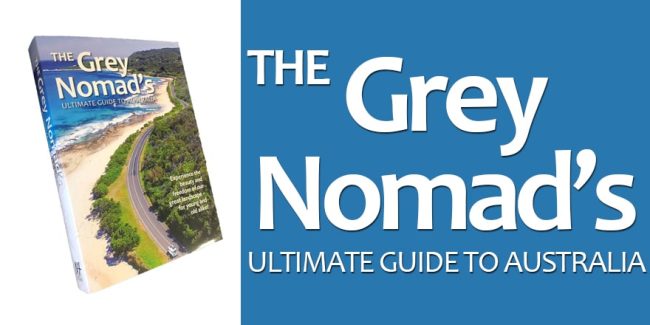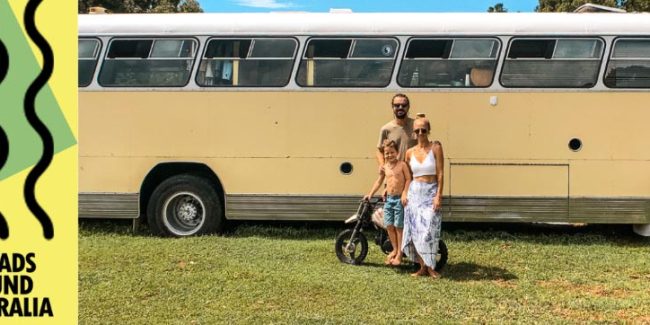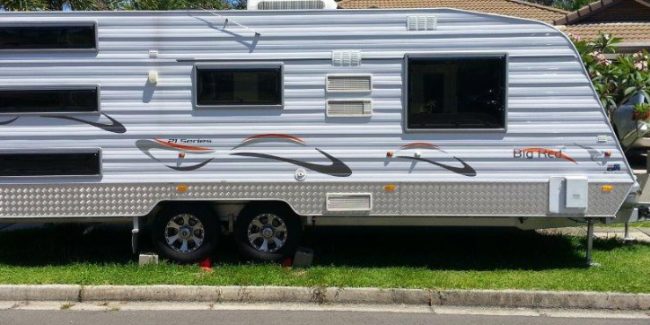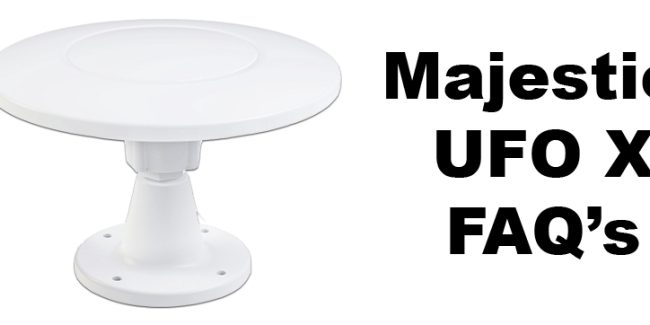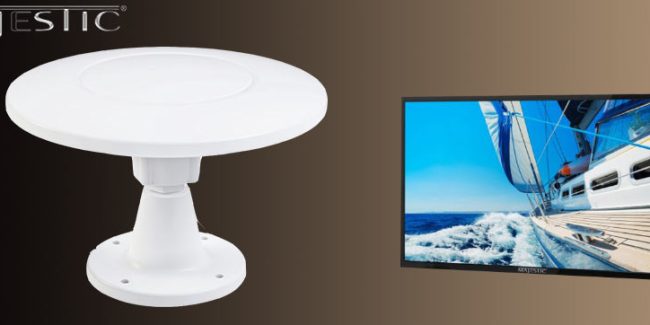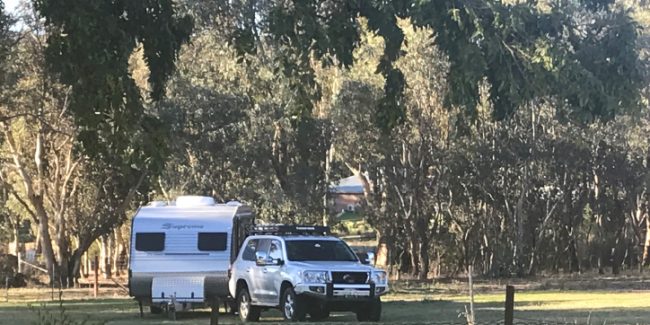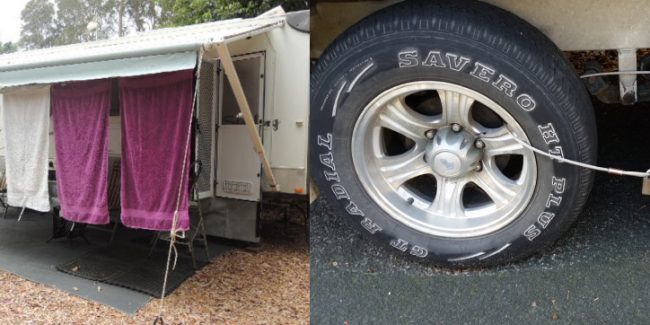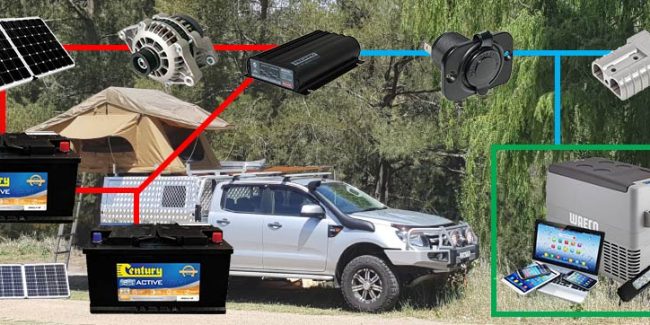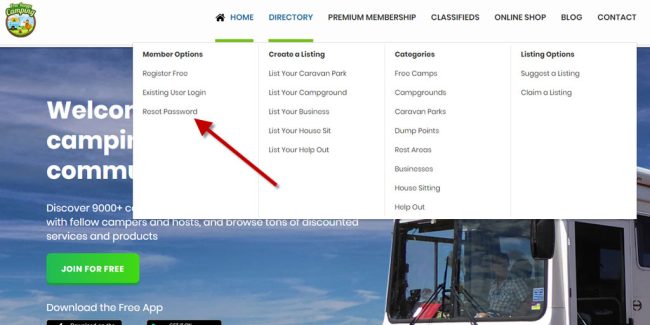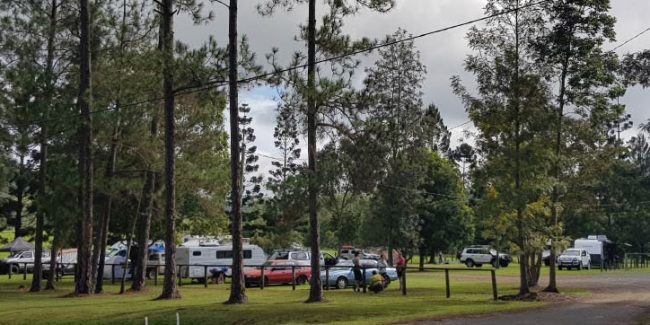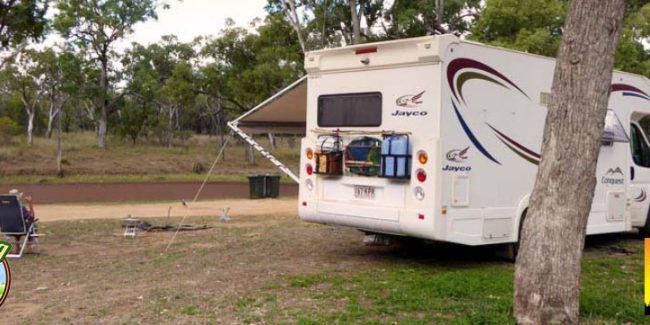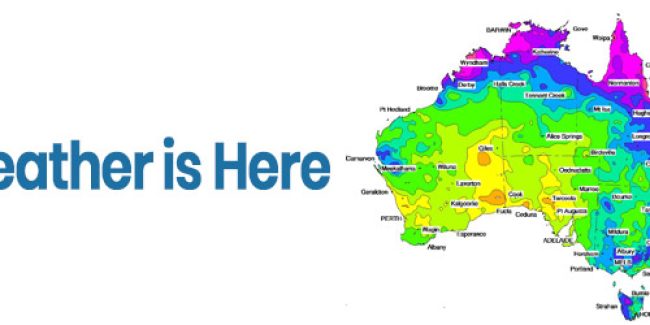This is Part 3 of 3 separate Articles on the Status of the Caravan Industry in Australia. Information supplied by Colin Young of the Caravan Council of Australia. These articles will specifically be concentrating on issues in relation to:
1: Manufacturers (and Importers) and Dealers|
2: Caravanners
3: Government
No one can possibly honestly deny that there are still numerous problems that are badly tarnishing the image and reputation of the industry, and causing much grief to many caravanners. The responses to Part 1 of the CCA article – The Status of the Caravan Industry in Australia “Manufacturers (and Importers) and Dealers (Suppliers)” Issues – and Part 2 “Caravanners” Issues have been extremely positive, with many supportive comments.
Part 3 of the Status article “Government Regulatory Issues” follows.
It highlights the urgent need for all relevant Government Regulatory Authorities to fully appreciate the significance of the industry problems, and to promptly implement suitable legal requirements to stop these unacceptable problems, once and for all.
1: Too many new, under-resourced, manufacturers and importers competing in a very limited, and highly-competitive, market.
Many of the newer, and smaller, companies who have entered the industry in recent times, are appreciably handicapped by being grossly under-resourced in a number of essential areas – engineering, legal, finance, management, quality-assurance, marketing – and as such, have no option but to “cut corners” in a futile attempt to successfully compete with the long-established, well-resourced, experienced, and well-known professional companies. More-stringent vetting – and Approval, only if acceptable – of all companies in the industry is urgently needed… along with better education of, and assistance for, potential buyers.
Required Action by: Federal Department of Transport – Vehicle Safety Standards
2: Too many serious Non-compliance, Safety and Quality problems… with subsequent complaints and litigation.
There is an unfortunate culture of “get these things out the door quickly… and we will worry about (or ignore) problems with them later”. Often there is no proper Quality-Assurance program in place, and therefore, there are no professional Work Instructions, Assembly Drawings, and Check-Lists. Consequently, especially with inexperienced production personnel, mistakes and inconsistencies frequently occur… and are not detected, until the owner inspects their “dream”.
Strict adherence to the Vehicle and Consumer-Protection laws must be diligently enforced.
Harsh penalties – with mandatory Re-calls – must be imposed for all breaches of any law, along with ensuring all Non-Compliances and vehicle Defects are promptly and professionally rectified, at no cost whatsoever to the owner.
Required Action by: Federal Department of Transport – Vehicle Safety Standards ACCC (Australian Competition and Consumer Commission)
3: Grossly-inadequate independent regulatory manufacturer and importer Audits, and production vehicle Inspections.
Unlike the government procedure of having Vehicle Safety Standards conduct professional “SUTI” (Single Uniform Type Inspection) and “CoP” (Conformity of Production) audits for motor vehicles, there is no such requirement for caravans and camper-trailers (not exceeding 4.5 tonne ATM (Aggregate Trailer Mass) Rating. Consequently, non-compliance problems are usually not identified until the unfortunate owner realises that there are unacceptable issues with their vehicle.
Very simply, the Government must provide more qualified and experienced personnel to conduct thorough and regular caravan and business Audits and Inspections.
A successful – random – SUTI (Single Unit Type Inspection) must be mandatory, before a Supplier is permitted to market a specific Model and Variant of caravan. An annual random Compliance or CoP (Conformity of Production) vehicle Audit needs to be conducted at a random Supplier’s premises and / or at random major Caravan Shows.
Required Action by: Federal Department of Transport – Vehicle Safety Standards
4: Accepted use of un-audited “Self-Certification” is by far the prime cause of many regulatory problems.
“Self-Certification” by the manufacturer / importer – as permitted under the current Legislation – has clearly been proven to be totally inadequate in ensuring all caravans and camper-trailers are fully-compliant. This deplorable deficiency allows anyone – regardless of their expertise with, or complete lack of knowledge regarding – the vital engineering and legal requirements, to “fill-in the empty boxes” on the Trailer Plate. Incorrect information of the Ratings and Masses is by far the most-common cause of customer complaints and litigation.
Anyone – even someone with no understanding of the important Technical and Legal requirements of manufacturing and marketing caravans – can stamp information on a Trailer Plate, and then affix it to a vehicle. “Self-Certification” is (quite rightfully) not permitted for motor-vehicles. It has been proven many times that “self-certified” Trailer Plates have contained grossly-incorrect – and potentially-dangerous – information… especially regarding vehicle Masses.
Required Action by: Federal Department of Transport – Vehicle Safety Standards
5: Marketing personnel not educated in critical Technical and Legal issues regarding caravans.
Many caravan owners – and potential buyers – have complained about the poor knowledge, and unprofessional conduct, by Sales Personnel… especially at major Caravan Shows. Often the sales-person cannot, or will not, answer even basic critical questions, and in the worst cases, provides statements which at best, are ignorant and mis-leading, and at worst, are down-right lies. Frequently, very little attention is given to the “intended use” of a proposed caravan… both the proposed travel plans of the potential buyer, and the suitability (Ratings, Mass, Power, etc.) of the proposed tow-vehicle.
Mandatory training of all sales-personnel is urgently needed. Consideration must be given to the need for requiring all Sales-Personnel to be “accredited” or even “licensed”. All steps must be taken, to ensure only the highest level of professionalism and integrity is permitted in the marketing of caravans.
Required Action by: ACCC (Australian Competition and Consumer Commission)/Consumer Affairs / Fair-Trading
6: Owners / Drivers not educated in critical Technical and Legal issues regarding caravans, especially towing Safety.
Drivers are all too often involved in accidents and incidents, due to their lack of understanding of the Law. Exceeding the Ratings of the caravan and / or tow-vehicle, is a common occurrence, leading to the driver being booked for over-loading, and / or the cause of dangerous vehicle handling and stability problems on the road. Suppliers need to provide adequate professional oral and written information. Serious accidents and frightening incidents, involving caravan on our roads, will continue if the government does not take positive action to require drivers to be educated in all areas of road safety.
Required Action by: ACCC (Australian Competition and Consumer Commission)/Consumer Affairs / Fair-Trading
7: No evaluation of driving ability required, unlike Trucks and Semi-trailers where professional Training and an Endorsed Licence are mandatory.
An appraisal of the driving ability of all caravanners is urgently required, in order to reduce the number of serious accidents – and frightening incidents – involving caravans on our roads. There is a strong push to require drivers to have an Endorsed Licence for towing caravans, obtained after they satisfactorily complete a recognised training evaluation. However, there is opposition to this proposal, seemingly from parties that have a strong vested interest in increasing – and not decreasing – the number of caravans sold, and used on our roads.
An alternative, more practical and much faster proposal to achieve an equivalent result, is to require drivers to pass an on-line Theory test encompassing at least the major aspects of the Legal and Technical issues involved with driving a combination on the road. It is proposed that Driver Licensing authorities and caravan Insurance companies manage this system. The program could be introduced on an “advisory” or “recommended” basis.
All Driver-Licence authorities, caravan Insurance companies, and Road-Safety bodies need to promptly introduce a suitable National requirement for drivers who tow caravans.
Required Action by: State & Territory Driver Licensing Authorities/All Road-Safety Authorities
8: Major systemic industry problem: Vehicle Ratings and Masses frequently grossly misunderstood… or simply ignored.
It is of great concern that so many people continue to believe, and use, the hideously-incorrect “old husbands’ tale” – or “equation” – that:
Empty Ball Loading = ATM Rating minus GTM Rating or
GTM Rating = ATM Rating minus Empty Ball-Loading
This is completely wrong, wrong, wrong… as there is no logical relationship involved whatsoever! It is like trying to compare apples with bananas. The ATM & GTM are fixed “Ratings”… allocated by the manufacturer – using an engineering assessment – in relation to the maximum-permissible “All-Up” & “Axle(s)” limits. The Empty Ball-Loading is an “actual mass” – that must be measured – and is obviously
applicable only for the empty (Tare Mass) condition.
The correct formula is, at any time:
Actual Ball Loading = “All-up Mass” minus “Axle(s)-Loading”
The Axle-Group Rating must be less than the lowest Rating of the: Wheels, tyres, suspension structure, springs, axles, and wheel-bearings. The minimum Axle(s)-Loading is that measured when the caravan is completely empty, and is connected to the tow-vehicle. The maximum Axle(s)-Loading is that measured when the caravan is loaded to its GTM Rating, and is connected to the tow-vehicle. It is extremely strange that the GTM Rating, Empty Ball-Loading, and Tare Mass are not legally required to be stated on the Trailer Plate.
Vehicle Safety Standards must – with the highest priority – provide, and distribute to all relevant Authorities, industry bodies, Manufacturers and Suppliers, a Document that clearly explains and standardises the various Ratings and Masses, as discussed above. With Ratings and Masses continuing to be the fundamental cause of the majority of problems and complaints, it behoves Vehicle Safety Standards to promptly issue a Bulletin – or an Administrator’s Circular – to clearly explain the various definitions.
Follow-up action to verify that caravans are being weighed correctly – and that the figures on the Trailer Plate are truthful – is required.
Required Action by: Federal Department of Transport – Vehicle Safety Standards
9: Serious Consumer-Protection (ACL) – Non-Compliance issues with Dealers (Suppliers), especially regarding the Rectification of Defects.
It is quite apparent that there is a significant lack of understanding of – and abiding by – the important fundamental legal requirements of the ACL. The Product issues include: Fit for purpose; Of acceptable quality; As advertised or promoted; Safe and (fully) compliant; and Free from defects. Many new caravans have an actual Tare Mass that is much heavier than the stated Tare Mass.
The true Tare Mass of a caravan is the “mass of the completely-empty caravan, as it leaves the Dealer (Supplier), fitted with all items that were stated on the Sales Contract. There is a most-disappointing lack of technical knowledge by some Dealers’ Sales Personnel… along with questionable sales tactics, regarding their conduct with potential-buyers of caravans. All too often, the word “intended” – regarding both the intended tow-vehicle, and the intended “use of the caravan” – is given no real appreciation of its importance.
Caravanners often report that sales-people – especially at Caravan Shows – are far too pushy, and do not have the best interests of the potential-customer at heart. Naivety, along with “making up answers on the spot”, simply not knowing the answers to reasonable questions, and grossly-exaggerating the features and benefits of a prospective caravan, are regularly cited as being “hard-sell” behaviour. Stringent and prompt action needs to be taken by the relevant government departments, when a consumer reports a serious Non-Compliance. Immediate remedial undertakings must be enforced – exactly as is mandated for motor-vehicle faults – with substantial penalties imposed for ignoring or delaying the rectification.
For far too long, the “culture” of many businesses has been to severely frustrate the Consumer, by using “all the tricks in the book” to delay having to rectify problems, and have the matter drag on as long as possible, in costly and stressful legal procedures.
Required Action by: ACCC (Australian Competition and Consumer Commission)/Consumer Affairs / Fair-Trading
10: Too much costly, stressful and time-consuming litigation due to Dealers refusing to acknowledge and rectify Defects.
The refusal by Dealers (Suppliers) to acknowledge – and rectify – Defects even those that are deemed to be “Major Failures”, is an extremely serious and common problem, and is clearly an unacceptable violation of the ACL requirements. It is imperative that all Marketing personnel be urgently and properly Educated and Appraised in relation to the legal requirements of VSB1 and the ACL – and possibly be Licensed – to sell caravans – if the current problems of intolerable Non-Compliances and improper ConsumerProtection behaviour is to be stopped.
Consumer Affairs / Fair-Trading offices – or the ACCC – need to be authorised to advise a Supplier – immediately – that a caravan Owner has provided a written Complaint (covered by a Statutory Declaration), advising of apparent serious non-compliances with their caravan. The Supplier needs to be required to state when and how they will deal with the issue… with the Supplier advised that a prompt and satisfactory response is required. It is strongly recommended that an Administrative Tribunal appoint a Specialist to manage all Caravan Complaints on a National basis.
The Specialist would need to be a professional engineer, and have extensive experience in the caravan industry, especially regarding Compliance. An appointed National “Caravan Ombudsman” would be an excellent solution to resolving the industry problems.
Required Action by: ACCC (Australian Competition and Consumer Commission)/Consumer Affairs / Fair-Trading
11: Tow-vehicles not suitable for towing specific caravans. There are no Regulations regarding the necessary specifications of tow-vehicles.
There have been too many serious (and tragic) accidents – and many more frightening incidents – involving caravans on our roads. Obviously driver, road, and atmospheric issues frequently partially contribute to the cause of these events, along with mechanical failures of the tow-vehicle or caravan. However, in numerous instances, the prime cause has been the fact that the tow-vehicle was not suitable for towing the particular caravan. These chilling events start with the caravan starting to sway, which often leads to a dangerous uncontrollable “jack-knife”, which frequently results in the caravan over-turning, or running off the road… sometimes causing the tow-vehicle to do likewise. When the magnitude of the caravan oscillations exceed a “critical point”, not even a top Formula 1 driver could “save” the situation.
No: 1 Consideration:
The mass of the tow-vehicle must, at all times, be appreciably more than the mass of the caravan. It is conservatively recommended that the mass of the tow-vehicle should be at least 30% more than the mass of the caravan. This figure is for a mature experienced driver, with sharp faculties (especially reflexes), on good roads, in good weather, and with both vehicles in good mechanical condition. It is paramount that the “tail never wags the dog”.
No: 2 Consideration:
The tow-vehicle must have sufficient power (torque) to enable the combination to accelerate at an acceptable rate, and to enable an acceptable speed to be maintained when climbing a hill… so as not to frustrate following drivers. Sufficient power has to be “on hand” to enable over-taking manoeuvres to be made safely.
No: 3 Consideration:
The distance from the Coupling to the rear-axle of the tow-vehicle is critical. The shorter, the better. Semi-trailers and 5th-wheelers have the Coupling / King-pin (virtually) directly above the rear-axle, and provides predictable handling on curves. Caravans have the Coupling a long way behind the rear-axle, and provides undesirable and potentially-lethal handling on curves. When the driver turns the steering wheel to move in one direction, the front of the caravan moves in the opposite direction.
Vehicle Safety Standards should – as a high-priority action – produce a Guide-Line, or preferably Legislation, regarding the prime requirements for a tow-vehicle, to best-ensure safe towing of a caravan.
The main issues are:
• Vehicle Mass (in relation to the ATM Rating of the caravan),
• Engine Power, and the
• Distance from the Coupling attachment point to the rear axle.
Required Action by: Federal Department of Transport – Vehicle Safety Standards
12: No professional Quality-Assurance program is required by Manufacturers or Importers… causing inevitable incorrect and inconsistent assembly procedures.
It is completely unacceptable that, unlike for other road vehicles, the Manufacturers of caravans and camper-trailers are not legally required to have in place, a professional detailed Quality Assurance program, to best-ensure that all production vehicles are fully Compliant and of consistent high, acceptable, Quality. Many defective vehicles – including ones with lethal non-compliances – would not have been able
to be marketed and used on our roads, if such a basic mandatory requirement had been in place in the past… and many bitterly-disappointed owners would not have unknowingly purchased a “lemon”, and suffered extremely costly, lengthy and frustrating ordeals, in trying to have their problems rectified by the Supplier.
Very simply, the first audit of a manufacturer’s facilities must include an evaluation of the company’s Quality-Assurance program and its effectiveness… via Working Instructions, Assembly Drawings, along with Stage- and Final- Check-Lists. Without a comprehensive Quality-Assurance program, the serious problems in the industry, will continue… and no doubt, worsen, due to the devastating effects that the corona-virus pandemic has had on all business activities.
Required Action by: Federal Department of Transport – Vehicle Safety Standards
13: The introduction of the Road Vehicle Standards Act – which will replace the Motor
Vehicle Standards Act – will NOT resolve the WORST of the current major problems.
The intent of the new Act is to eliminate the current problems, but it will in reality, be quite ineffective as it does not cover all caravan manufacturers… especially the smaller underresourced businesses which have an extremely high disproportional rate of serious problems, complaints and litigation. There is no plausible reason why all Manufacturers and Importers do not currently have, and utilise, all of the Documentation – and working practices – necessary to best-ensure that all of their past and present vehicles were fully-compliant and were in accordance with professional design and manufacturing standards.
The number one priority is to urgently concentrate on the smaller and newer Manufacturers… who produce a small number of vehicles – but who clearly have the highest percentage of noncompliant and poor-quality vehicles – rather than just concentrate on the larger, professional, long-established, reputable companies. The Applicability of this new Act, in relation to caravans, needs to be urgently revised.
Required Action by: Federal Department of Transport – Vehicle Safety Standards
Copies of:
Part 1 “Manufacturers (and Importers) and Dealers (Suppliers)” Issues, and
Part 2 “Caravanners” Issues
are freely available via email: [email protected]
Colin G Young [P.Eng.]
(Honorary Manager & Professional Automotive Engineer)
Caravan Council of Australia
3 Margaret Street, Parkdale, VIC 3195
www.caravancouncil.com.au Tel: 0409 865 399


